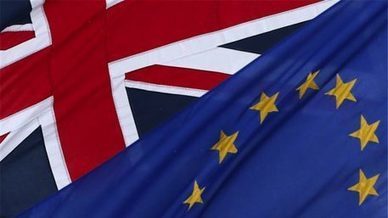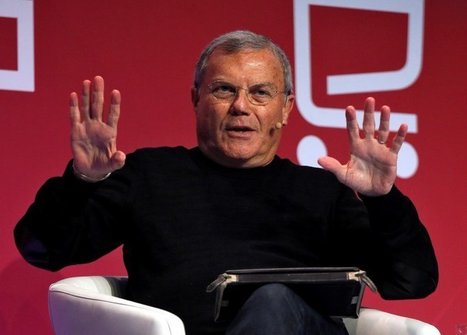RLego first responded to Jones with a noncommittal statement, writing, “We continuingly evaluate and develop our partnerships and approach to those, in order to ensure that we are present on the best possible platforms for reaching children and parents.”
But today, after hundreds more comments echoed Jones’s sentiment, Lego changed its tone.
“Hi Bob! Our agreement with The Daily Mail has finished and we have no plans to run any promotional activity with the newspaper in the foreseeable future,” the company announced on Facebook.
Stop Funding Hate, a British anti-hate group that sprung up shortly after the Brexit vote, and now lobbies companies to stop doing business with British tabloids, also pressured Lego to cut ties with the Daily Mail. Lego confirmed to the group on Twitter that it would no longer advertise in the tabloid....



 Your new post is loading...
Your new post is loading...














Lego said today that it will terminate all of its promotions and ads in the Daily Mail, just days after consumers and anti-hate advocacy groups urged the world's biggest toy company to stop doing business with the controversial British tabloid. New PR and marketing skills will be needed in the brave new exit-world.